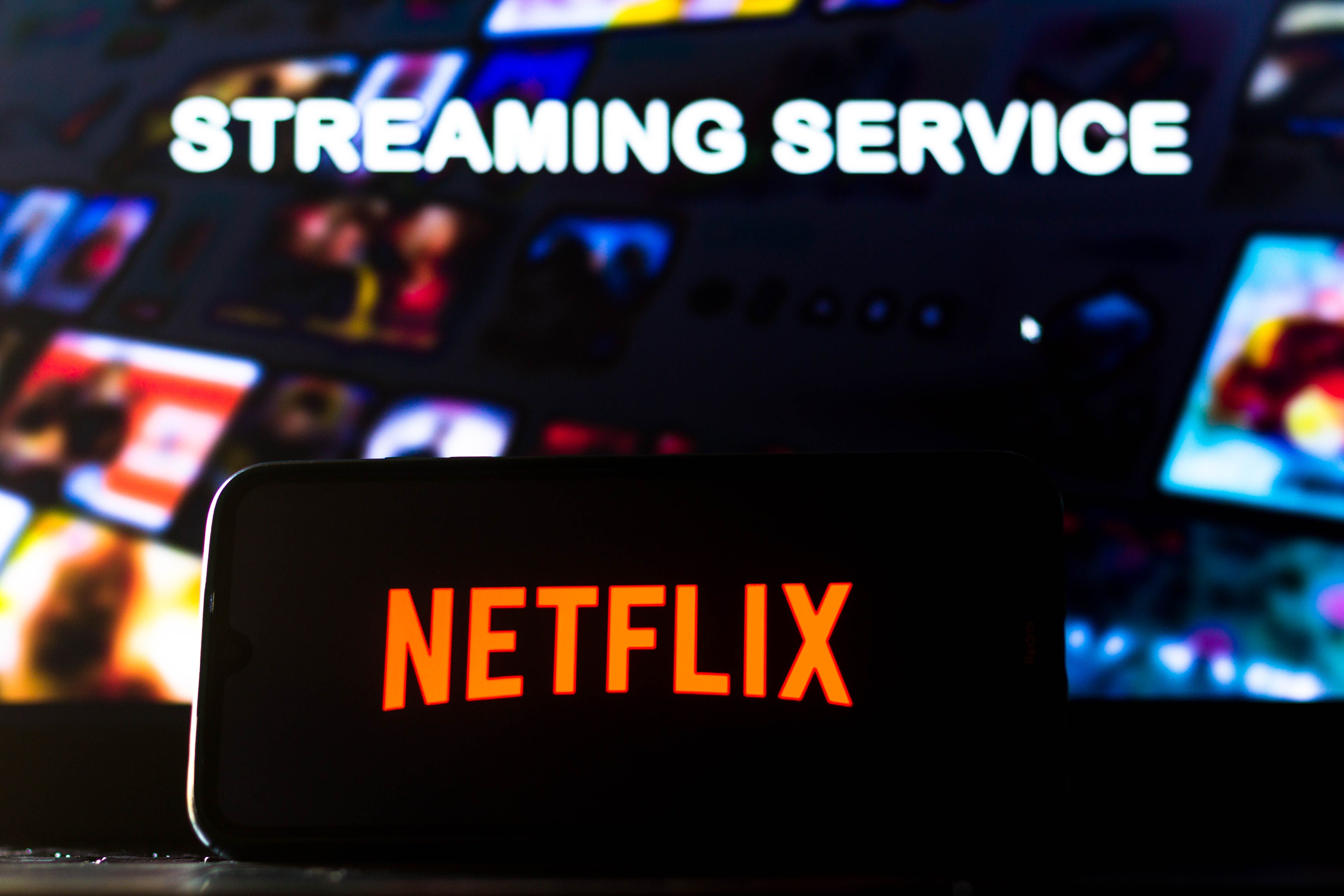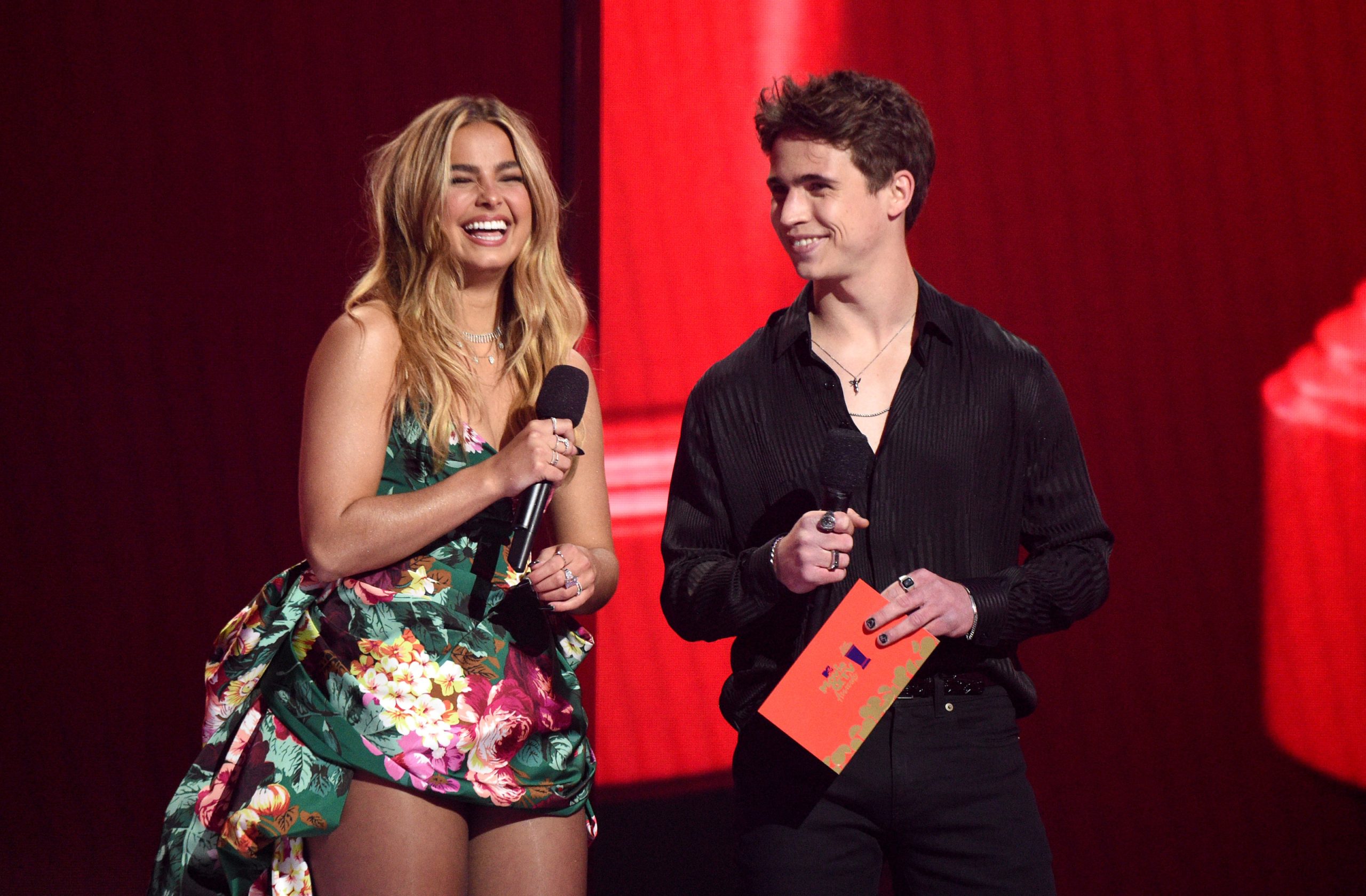Lights, camera, action! The entertainment industry has come a long way from the glitz and glamour of old Hollywood. With streaming platforms taking center stage, it’s time to dive into the thrilling saga of how our favorite pastime has transformed from blockbuster movies to binge-worthy series. From pioneering technologies to gripping storytelling techniques, join us as we unravel the evolution of the entertainment industry and discover how it continues to captivate audiences around the globe. So grab your popcorn, settle in for an enlightening journey through time, and get ready to witness the magic unfold before your very eyes!
The Evolution of the Entertainment Industry
In the early days of the entertainment industry, movies were often released in a blockbusters format. These films would be advertised heavily and would be watched by large audiences in theaters.
Over time, the industry has evolved to a more binge-worthy series format. This type of entertainment is meant to be consumed over a longer period of time, with each episode being enjoyable on its own merits. This change has made it easier for new creators to get their work seen by a larger audience, and has allowed older series to continue airing for longer periods of time without needing to be re-released as a new blockbusters film.
The Role of Technology in the Entertainment Industry
In the early days of cinema, audiences were only able to see a handful of films per year. With the advent of television and home video, however, Hollywood was able to produce an ever-growing number of blockbuster films that are watched by millions of people around the world annually. While this trend has continued in recent years with even more blockbusters being released each year, it’s not the only way that entertainment is delivered nowadays. In fact, there has been a gradual shift away from blockbuster movies and towards binge-worthy series that are watched over a period of time.
One reason for this shift is that viewers today are more discerning than ever before. They want high-quality content that they can enjoy uninterrupted, and they’re not afraid to wait several months or even years for a series to reach its conclusion. This is why many popular series such as Game of Thrones or Breaking Bad have been able to maintain their popularity for so long – they’re designed to be consumed one episode at a time rather than all at once like a traditional blockbuster movie.
Moreover, technology has played a significant role in facilitating this trend towards binge-watching. For example, streaming services such as Netflix have made it easy for viewers to watch entire seasons of series without having to wait weeks or months between episodes. Additionally, mobile apps like Hulu allow users to watch content on the go without having to suffer through commercials or waiting on long loading times.
There has been a gradual shift away
The Impact of Social Media on the Entertainment Industry
In the early days of social media, many people believed that it would have no impact on the entertainment industry. After all, what could a few hundred posts by friends on Facebook or Twitter possibly do? However, over time social media has had a significant impact on the way people consume entertainment.
For example, in 2014 blockbuster Jurassic World made over $1.5 billion at the global box office. This was largely due to its successful marketing campaign that used social media to build hype and interest. In fact, one study found that 73% of moviegoers who went to see Jurassic World said they had learned about it through social media.
Similarly, Netflix’s show Stranger Things was a hit thanks to its well-executed marketing campaign that used social media to create excitement and anticipation around the series. The trailer for Stranger Things was released just two weeks before the series premiered, and it quickly became one of the most popular videos on YouTube. In addition to creating excitement around the show, this strategy also allowed Netflix to control how much information fans received before watching it. For example, they only allowed people who had signed up for their newsletter to watch the first episode online (a tactic known as “spoilering”).
Social media has had a significant impact on how people consume entertainment and how studios market their products. It’s now common for studios to release trailers and promotional materials for upcoming movies months in advance so that fans can get as much information as possible about the movie
Trends in Entertainment
The entertainment industry has seen a lot of change over the years, with new trends developing and old ones fading away. Here are five major trends in entertainment that you may have missed.
1. Blockbusters Over Binge-Worthy Series
Before the advent of streaming services like Netflix and Hulu, moviegoers typically experienced a linear progression of films. This meant that most people saw the same blockbuster movies multiple times in theaters before eventually discovering more niche films. However, with streaming services providing instant access to a seemingly endless variety of films, viewers can nowbinge on series instead of going from one blockbuster to the next. This shift has led to a rise in series, with some topping out at seasons lasting over 100 episodes. In fact, according to market research firm Nielsen, 2018 was the first year thatseries surpassedblockbusters as the most popular type of TV show among viewers 18-49 years old.
2. Demographic Changes Affecting Entertainment Preferences
One significant trend affecting entertainment preferences is demographic change. For example, millennials (those born between 1980 and 2000) are more likely than older generations to watch television shows and movies on streaming services rather than in theaters. In addition, this age group is more likely to be interested in new genres of entertainment such as science fiction and fantasy genres which have been growing in popularity over the past few years. Similarly, Generation Z (those born after 2000) is also increasingly consuming content through streaming services rather than traditional television broadcasts or movie


